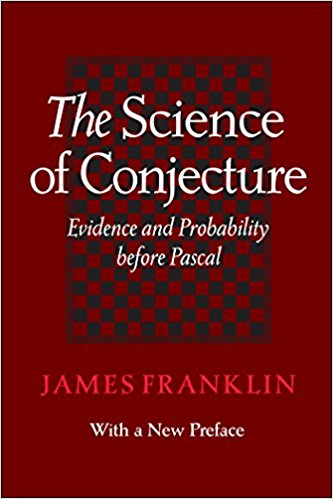We hope you love the books people recommend! Just so you know, The CEO Library may collect a share of sales or other compensation from the links on this page.
This book has 1 recommendation
Nassim Nicholas Taleb (Flaneur)
As a practitioner of probability, I've had to read many books on the subject. Most are linear combinations of other books and ideas rehashed without real understanding that the idea of probability harks back to the Greek pisteuo (credibility) [and pithanon that led to probabile in latin] and pervaded classical thought. Almost all of these writers made the mistake to think that the ancients were not into probability. And most books such as "Against the Gods" are not even wrong about the notion of probability: odds on coin flips are a mere footnote. Same with current experiments with psychology of probability. If the ancients were not into computable probabilities, it was not because of theology, but because they were not into highly standardized games. They dealt with complex decisions, not merely simplified and purified probability. And they were very sophisticated at it.
The author is both a mathematician and a philosopher, not a philosopher who took a calculus class hence has a shallow idea of combinatorics and feels dominated by the subject, something that plagues the subject of the philosophy of probability. This book stands above, way above the rest: I've never seen a deeper exposition of the subject, as this text covers, in addition to the mathematical bases, the true philosophical origin of the notion of probability.
Finally, Franklin covers matters related to ethics and contract law, such as the works of the medieval thinker Pierre de Jean Olivi, that very few people discuss today.
Amazon description
How did we make reliable predictions before Pascal and Fermat's discovery of the mathematics of probability in 1654? What methods in law, science, commerce, philosophy, and logic helped us to get at the truth in cases where certainty was not attainable? In The Science of Conjecture, James Franklin examines how judges, witch inquisitors, and juries evaluated evidence; how scientists weighed reasons for and against scientific theories; and how merchants counted shipwrecks to determine insurance rates.
The Science of Conjecture provides a history of rational methods of dealing with uncertainty and explores the coming to consciousness of the human understanding of risk.
Get this book on Amazon | Barnes & Noble | Book Depository | iBooks




